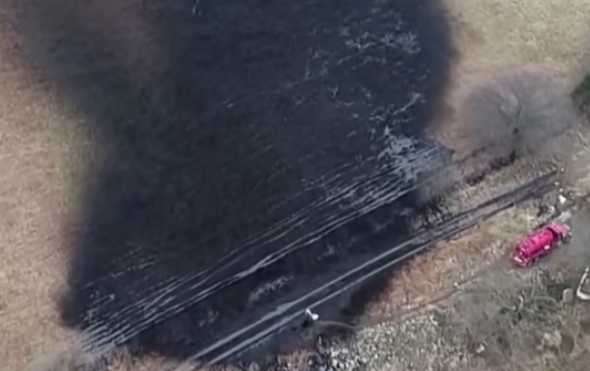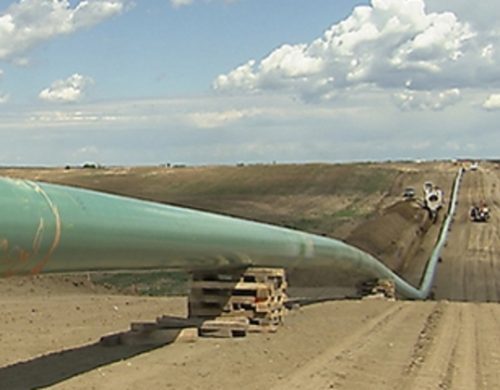In an announcement today, TransCanada Corporation stated that it has submitted a Presidential Permit application to the U.S. Department of State for the Keystone XL Pipeline from the U.S./Canada border in Montana to Steele City, Nebraska.
It was also stated that TransCanada will suppliment that application with an alternative route in Nebraska as soon as that route has been chosen.
Of the benefits of the pipeline, “The multi-billion dollar Keystone XL pipeline project will reduce the United States’ dependence on foreign oil and support job growth by putting thousands of Americans to work,” said Russ Girling, TransCanada’s president and chief executive officer. “Keystone XL will transport U.S. crude oil from the very large Bakken supply basin in Montana and North Dakota, along with Canadian oil, to U.S. refineries.
“Our application for a Presidential Permit builds on more than three years of environmental review already conducted for Keystone XL,” Girling added. “It was the most comprehensive process ever for a cross-border pipeline and that work should allow our cross border permit to be processed expeditiously and a decision made once a new route in Nebraska is determined.”
According to the statement, the project would have minimal impact on the environment. This was concluded in the 10,000 pages of the review already completed on the project. This already existing research will also satisfy President Obama’s call to speed infrastructure development using efficient and effective permitting and review.
According to CEO Russ Girling, the pipeline has very strong shipper interest and has long term committments to ship in excess of 500,000 barrels a day when the pipeline is complete.
Alaska’s Senator Murkowski had this to say of TransCanada’s announcement, “Allowing the Keystone XL pipeline to bring Canadian oil across our border to our Gulf Coast refineries should be a simple economic decision,” Murkowski said. “It will not only enhance our trading relationship with one of our greatest allies, it will also bring badly needed jobs and reduce our oil imports from OPEC. This project has been caught up in presidential politics long enough, it’s time to get to work.”
TransCanada hopes to begin work as early as the first quarter of 2013 and be completed by late 2014 or 2015.



